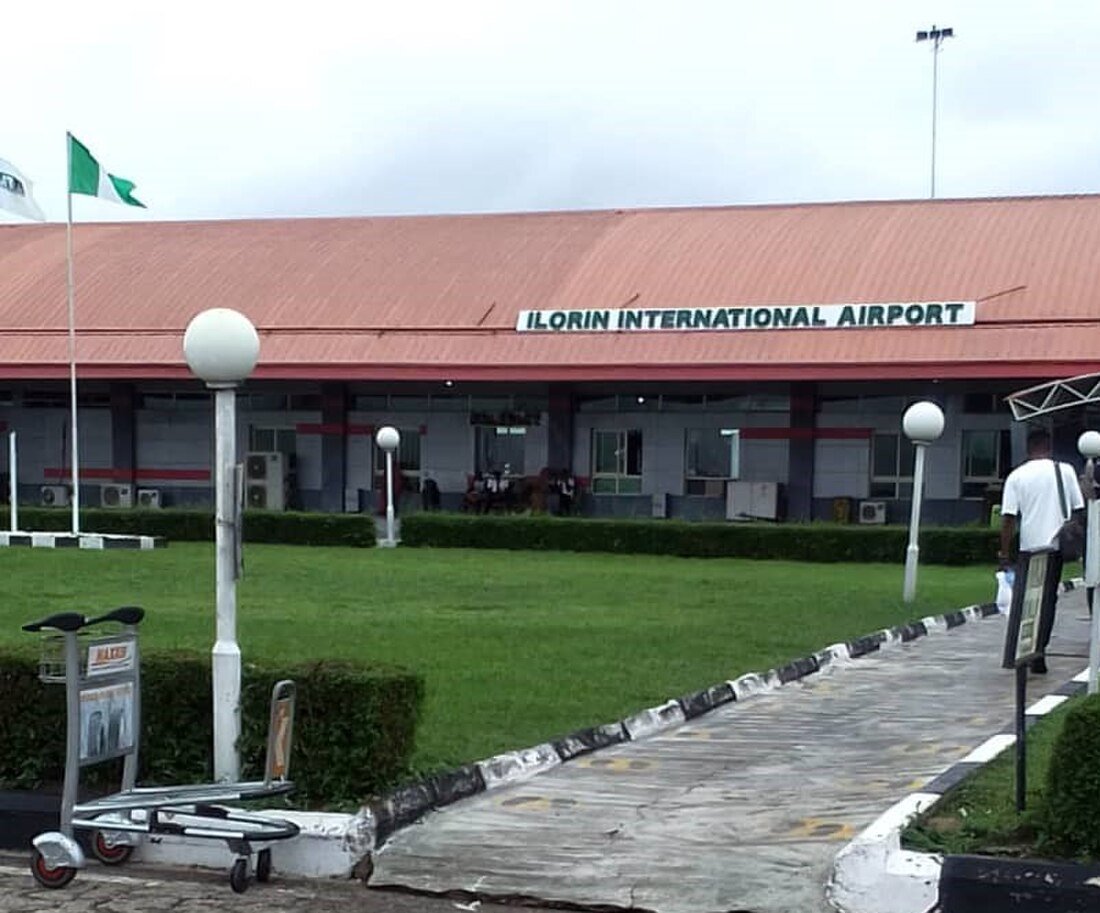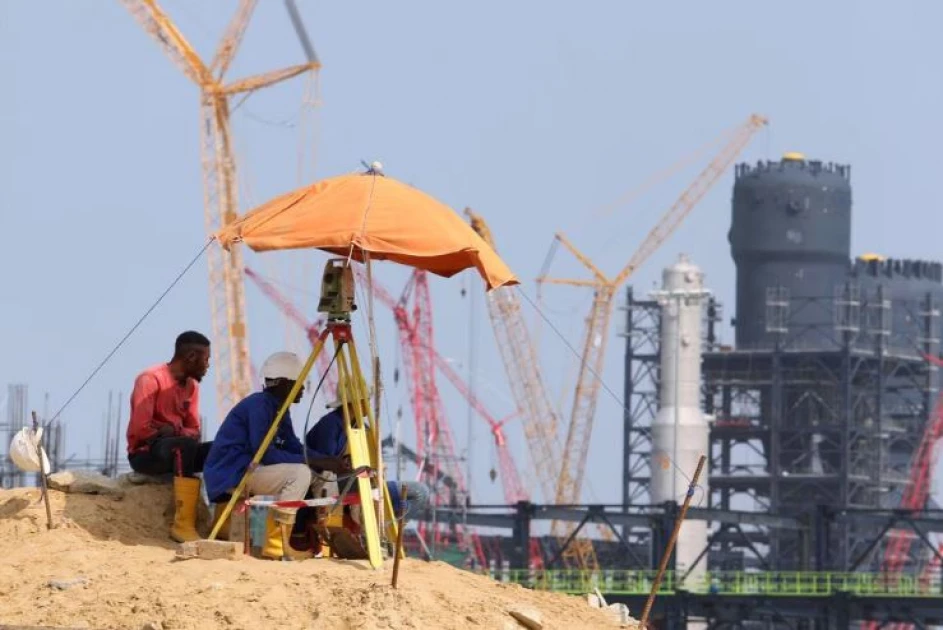Govt Allocates 2,000 MW In First Phase For Bitcoin Mining - UrduPoint
ISLAMABAD, (UrduPoint / Pakistan Point News - 25th May, 2025) The government allocated 2,000 MW in first phase for bitcoin mining and 'AI Data Centers' in landmark digital infrastructure push.
In a groundbreaking move to transform Pakistan into a global leader in digital innovation, the Government of Pakistan has announced the allocation of 2,000 megawatts (MW) of electricity in the first phase of a national initiative to power Bitcoin mining and Artificial Intelligence (AI) data centers, said a press release issued here on Sunday.
This ambitious initiative is spearheaded by the Pakistan Crypto Council (PCC)—a government-backed body under the Ministry of Finance—as part of a broader strategy to monetize surplus electricity, create high-tech jobs, attract billions of Dollars in foreign direct investment, and generate billions of dollars for government.
Finance Minister Senator Muhammad Aurangzeb stated that this strategic allocation marks a pivotal moment in Pakistan’s digital transformation journey, unlocking economic potential by turning excess energy into innovation, investment, and international revenue.
Pakistan is uniquely positioned—both geographically and economically—to become a global hub for data centers. As a digital bridge between Asia, Europe, and the middle East, Pakistan offers the most strategic location in the world for data flow and digital infrastructure.
Since the inception of the Pakistan Crypto Council, there has been tremendous interest from global Bitcoin miners and data infrastructure companies. Several international firms have already visited the country for exploratory discussions, and following this landmark announcement, more global players are expected to visit in the coming weeks.
Pakistan’s underutilized power generation capacity is now being repurposed into a high-value digital asset.
AI data centers and Bitcoin mining operations, known for their consistent and heavy energy usage, provide an ideal use case for this surplus.
Redirecting idle energy, especially from plants operating below capacity, allows Pakistan to convert a long-standing financial liability into a sustainable, revenue-generating opportunity.
Bilal Bin Saqib, CEO of the Pakistan Crypto Council, emphasized the transformative nature of this initiative. He explained that with proper regulation, transparency, and international collaboration, Pakistan can become a global crypto and AI powerhouse.
He added that this energy-backed digital transformation not only unlocks high-value investment but enables the government to generate foreign exchange in USD through Bitcoin mining. Additionally, as regulations evolve, Pakistan can accumulate Bitcoin directly into a national wallet—marking a monumental shift from selling power in Pakistani Rupees (PKR) to leveraging digital assets for economic stability.
By offering stable and affordable energy, Pakistan presents a highly competitive environment compared to regional counterparts like India and Singapore, where rising power costs and land scarcity limit scalability.
Pakistan’s strategic advantage is further underscored by the global context: while AI data center demand has soared to over 100 GW, global supply remains around 15 GW.
This massive shortfall creates an unprecedented opportunity for countries like Pakistan with surplus power, land, and an emerging regulatory framework.
The country’s digital connectivity has also been significantly strengthened by the landing of the world’s largest submarine internet cable.
The Africa-2 Cable Project, a 45,000-kilometre global network connecting 33 countries through 46 landing stations, has now landed in Pakistan.
This milestone enhances Pakistan’s internet bandwidth, latency, and resilience through redundant fiber routes—key for ensuring high availability and operational continuity for AI data centers.
With a population of over 250 million and more than 40 million crypto users, Pakistan holds immense potential as a regional leader in digital services. Establishing local AI data centers will not only address growing concerns around data sovereignty but will also enhance cybersecurity, improve digital service delivery, and empower national capabilities in AI and cloud infrastructure.
These centers are expected to create thousands of direct and indirect jobs, catalyzing the development of a skilled workforce in engineering, IT, and data sciences.
This announcement marks only the first phase of a broader, multi-stage digital infrastructure rollout. Future developments are expected to include renewable energy-powered facilities—leveraging Pakistan’s immense wind (50,000 MW potential in the Gharo-Keti Bandar corridor), solar, and hydropower resources—strategic international partnerships with leading blockchain and AI companies, and the establishment of fintech and innovation hubs.
These efforts will be complemented by proposed incentives such as tax holidays, customs duty exemptions on equipment, and reduced taxes for AI infrastructure developers.
Pakistan’s combination of surplus power, geographic advantage, advanced subsea cable connectivity, renewable energy potential, and a large, digitally engaged population creates a compelling case for becoming a regional epicenter of Web3, AI, and digital innovation.
With the right incentives, strategic investments, and collaborative partnerships, Pakistan is positioning itself not only as a destination for global digital infrastructure but also as a sovereign economy that can accumulate digital assets, export digital services, and lead in the next generation of technological transformation.









